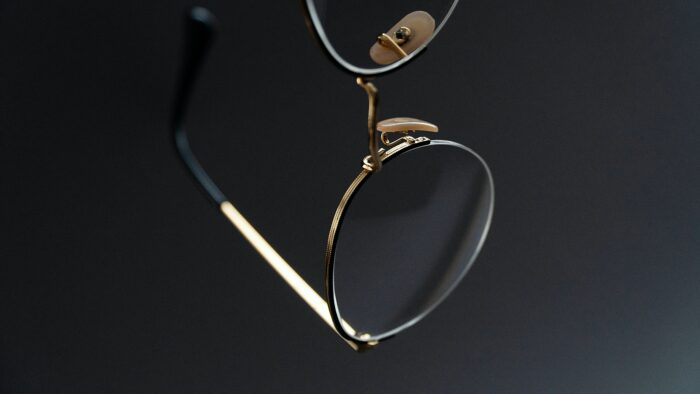Q – Hi Caroline, thanks for joining us! To start, I’d love to know how you got into script editing?
Caroline Young – Glad to be here! I studied English at university and took every script module there was.
When I graduated I got a job at the BBC as an assistant to two executive producers in the drama serials department. I quickly learned about the role of script editor and realised that was what I wanted to do.
I then made the sideways move to the drama series department where I was a development assistant, and it was there that I met John Yorke. I worked with him in setting up the Writers Academy, which was basically where I learned everything that I needed to know to do the job.
Then I moved to EastEnders as an assistant script editor, which involved being across continuity for all the scripts, writing the billings, plus deputising for any script editor who was on holiday etc.
I did that for 9 months, got promoted and have never looked back since!
Q – This question is about something I have come across on my current job – the script editor being one of the writers on the show.
Is it common that one of the writers would double up as a script editor? Is it a good idea?
CY – I must admit I’ve never come across this before in this country.
I wonder if it’s more like the American model where there are no script editors, and instead the writers tend to work in groups and critique each other’s work.
I don’t have any experience in this, but funnily enough, I am talking to a writer from The Man in the High Castle in the next few days, so keep a lookout for his thoughts on this in Session 5 (Story for Script).
Having said that, I have worked with writer-producers (like Tony Jordan) who will certainly read and give notes on an episode as well as writing their own.
It sounds potentially really difficult — is there another script editor on the project too?
Sometimes editors get so frustrated with the amount of heavy lifting they do that they give writing a go themselves.
– Caroline Young
Q – Wonderful – I love The Man in the High Castle. Looking forward to Session 5. Yes, this is a small children’s show with two writers, and one of them is a script editor.
The company have a script editor available but she works across their other shows. I’ll hopefully get chatting to the writers and find out what’s behind the idea, or whether they just didn’t have a budget or a person available.
I’d find it very difficult to edit my own work, and I also feel it’s good to have a fresh pair of eyes. Saying that, it needs to be someone who understands that genre and that show – am I right?
CY – I’d agree with you, yes. I also know a few script editors who have gone on to be writers, too — I think sometimes editors get so frustrated with the amount of heavy lifting they do with a script that they think they’ll give it a go themselves!
As a script editor, a connection with the writer is vital.
– Caroline Young
Q – Have you ever turned down a script to work on because you knew you didn’t get it? Not necessarily because it was a bad script, but because you knew you’d be out of your depth and you wouldn’t be able to help the writer?
CY – I possibly should have done, as I’ve worked on a few things that never quite came together as well as they could have done and I found it massively frustrating.
In an ideal world, we would all pick and choose the projects we work on, but the mortgage has to be paid!
I think if I really didn’t like a script or I didn’t get it then I would think twice, but usually, before you get a job you sit down with the writers and talk about the story. If the chemistry isn’t there then you tend not to get the job anyway!
Q – So it’s equally important to get the story as well as to click with the writers?
CY – Absolutely – a connection with a writer is vital.
Q – Caroline, you’ve been fantastic. Thanks for all your great advice!
CY – My pleasure. Good luck to you all, and see you in Session 5!




















